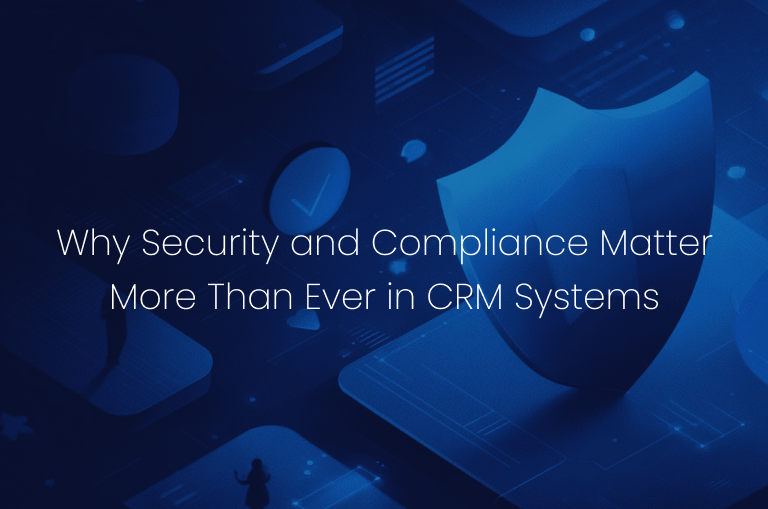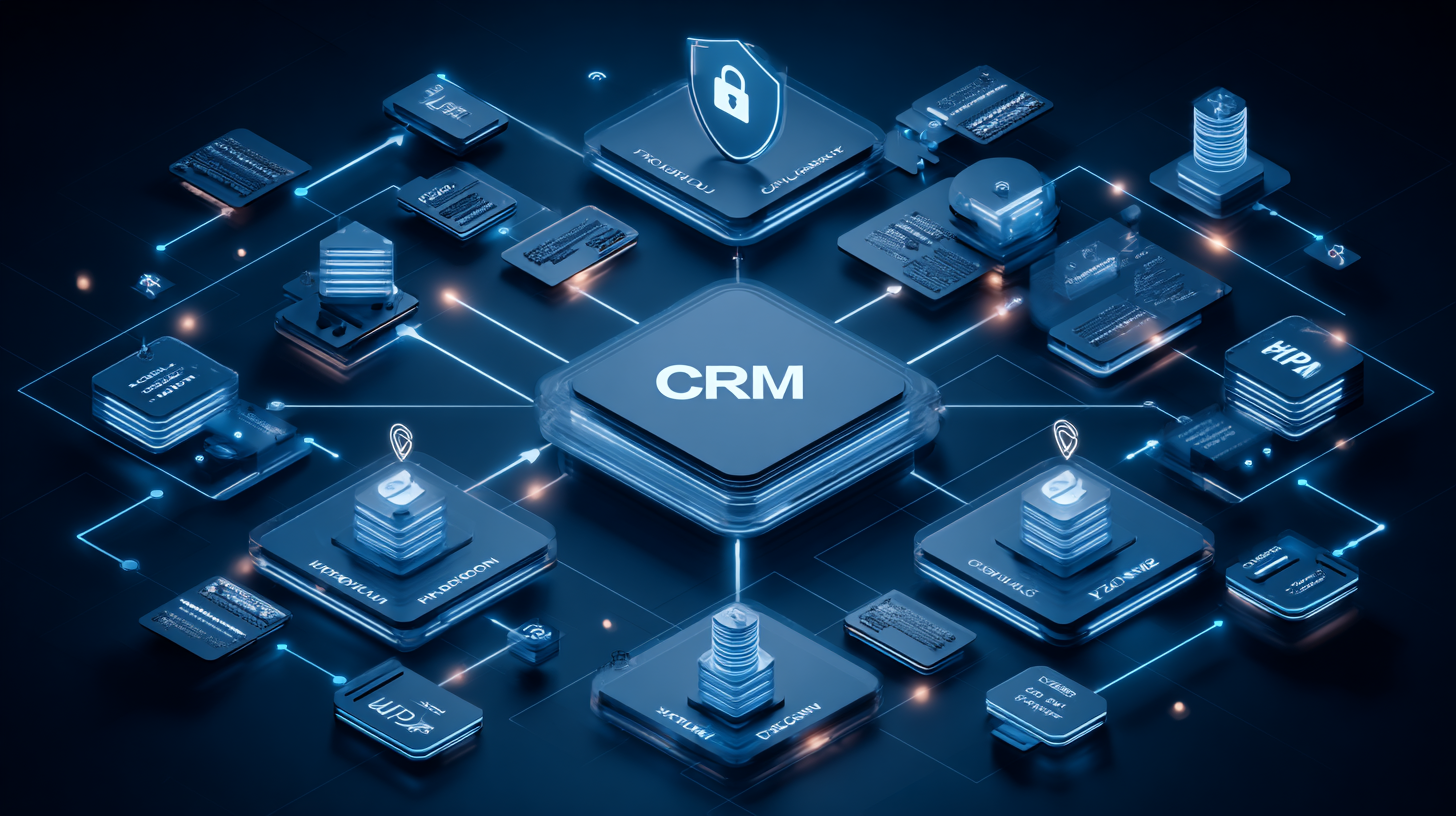Why Security and Compliance Matter More Than Ever in CRM Systems

Customer Relationship Management (CRM) systems are at the heart of operations. They store sensitive customer information, making them prime targets for cyber threats. As organisations increasingly rely on CRM platforms like Microsoft Dynamics 365, ensuring robust security and compliance is no longer optional; it's essential.
The Rising Stakes in CRM Security
The digital transformation has led to an explosion of data, with CRM systems often holding the most valuable customer insights. This surge has attracted cybercriminals, making CRM systems prime targets for data breaches.
-
Escalating Cyber Threats: Cybercrime is projected to cost the world $10.5 trillion annually by 2024, up from $6 trillion in 2021.
-
Data Breach Costs: The average cost of a data breach in 2023 was $4.45 million, the highest ever recorded.
-
Regulatory Pressures: Laws like GDPR and CCPA mandate strict data handling practices, with severe penalties for non-compliance.
-
Reputational Risks: A single breach can erode customer trust and damage brand reputation irreparably.

Understanding CRM Security and Compliance
Security and compliance are two sides of the same coin in CRM systems, each playing a pivotal role in safeguarding data.
-
Security: Focuses on protecting data from unauthorised access and cyber threats.
-
Compliance: Ensures adherence to legal and regulatory standards governing data usage.
Microsoft Dynamics 365 offers built-in security features, including role-based access control, data encryption, and threat detection, to help organisations meet these challenges.
Benefits of a Secure and Compliant CRM
Implementing robust security and compliance measures in CRM systems yields tangible business advantages.
-
Enhanced Customer Trust: Demonstrating a commitment to data protection builds confidence and loyalty.
-
Reduced Financial Risks: Preventing breaches and ensuring compliance mitigates the risk of costly fines and legal fees.
-
Operational Efficiency: Automated compliance tracking and reporting streamline processes and reduce manual errors.
-
Competitive Advantage: Organisations known for strong data protection practices often enjoy a market edge.
Real-World Impact: Case Scenarios
Consider the following scenarios illustrating the importance of CRM security and compliance:
-
Scenario 1: A financial services firm using Dynamics 365 implements role-based access and encryption, successfully avoiding GDPR penalties.
-
Scenario 2: A healthcare provider neglects CRM security, resulting in a data breach that compromises patient information and causes significant reputational damage.
These examples underscore the crucial importance of proactive security and compliance measures in CRM systems.
Common Challenges and Misconceptions
Despite the clear benefits, organisations often face challenges in implementing CRM security and compliance.
-
Misconception: Cloud-based CRM systems are inherently secure.
-
While cloud providers offer security features, organisations must configure and manage these settings appropriately.
-
-
Challenge: Balancing user accessibility with stringent security controls.
-
Implementing role-based access and multi-factor authentication can help maintain this balance.
-
-
Belief: Compliance is solely an IT responsibility.
-
Effective compliance requires a cross-departmental approach, involving teams from legal, HR, and operations.
-
Looking Ahead: Security Trends and Compliance Evolution
The landscape of CRM security and compliance is continually evolving, driven by technological advancements and regulatory changes.
-
AI-Driven Security: Artificial Intelligence enhances threat detection and response capabilities in CRM systems.
-
Privacy by Design: Organisations are adopting data minimisation and encryption strategies to enhance privacy.
-
Integrated Compliance: Future CRM systems will offer seamless integration with compliance management tools, streamlining adherence to regulations.
At ARP Ideas, we stay at the forefront of these developments, ensuring our clients benefit from the latest security and compliance innovations.
Key Takeaways
-
Prioritise Security and Compliance: Implementing robust measures protects data and builds trust.
-
Leverage Built-In CRM Features: Utilise tools like Dynamics 365's role-based access and encryption.
-
Adopt a Holistic Approach: Involve all departments in security and compliance efforts.
-
Stay Informed: Keep abreast of emerging trends and technologies in CRM security.
FAQ
Q1: How can Dynamics 365 CRM assist with GDPR compliance?
Dynamics 365 offers features like data encryption, audit trails, and role-based access controls to help organisations meet GDPR requirements.
Q2: What are the most common security risks in CRM systems?
Common risks include unauthorised access, data breaches, phishing attacks, and inadequate encryption.
Q3: Is compliance the same as security?
No, compliance refers to adhering to laws and regulations, while security focuses on protecting data from threats.
Q4: How often should CRM security policies be reviewed?
It's advisable to review CRM security policies at least annually or whenever there are significant changes in regulations or business operations.
Q5: Can AI improve CRM security?
Yes, AI can enhance CRM security by detecting anomalies, predicting threats, and automating responses.
By understanding and implementing robust security and compliance measures, organisations can protect their CRM systems, maintain customer trust, and ensure long-term success.

